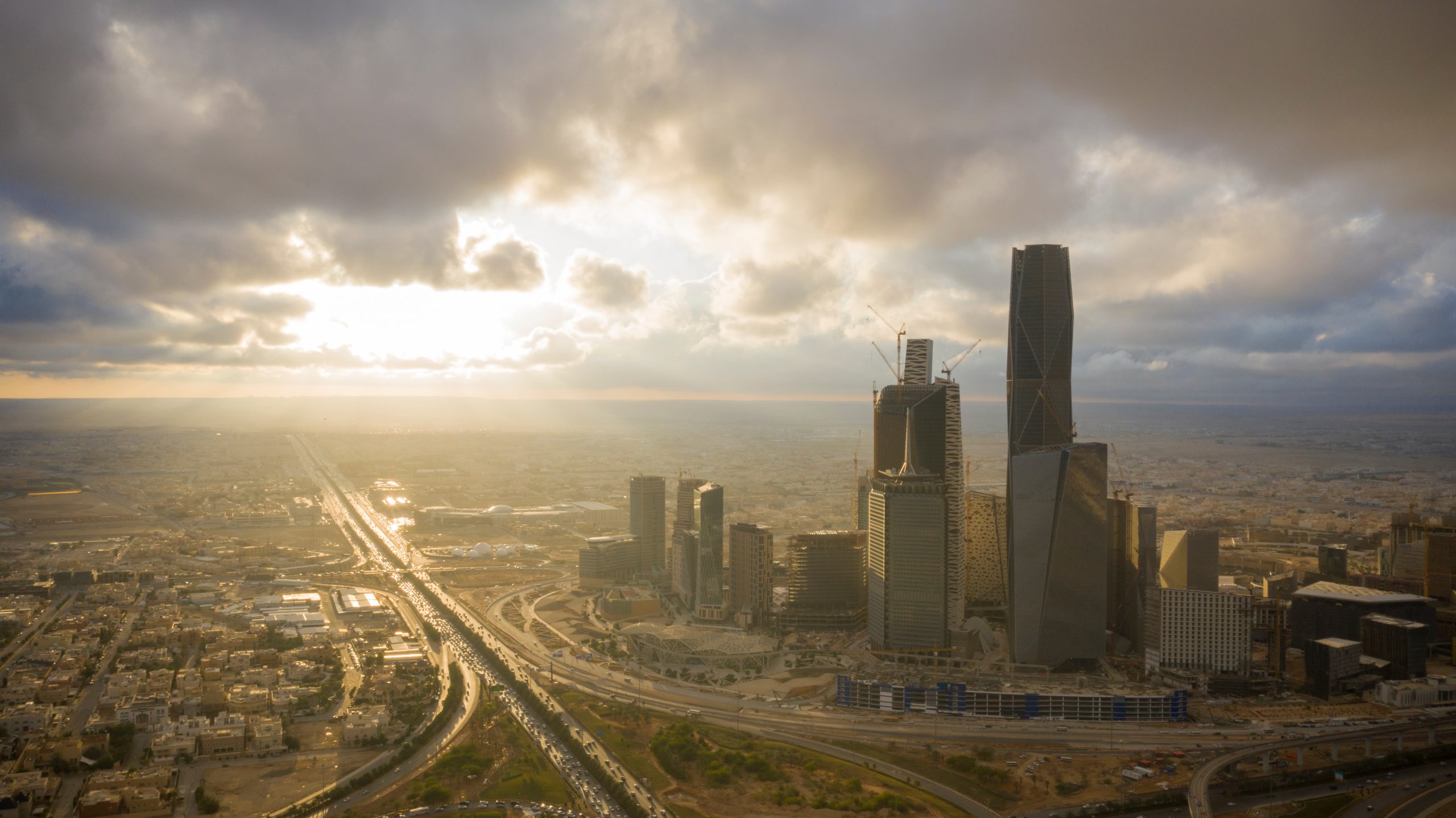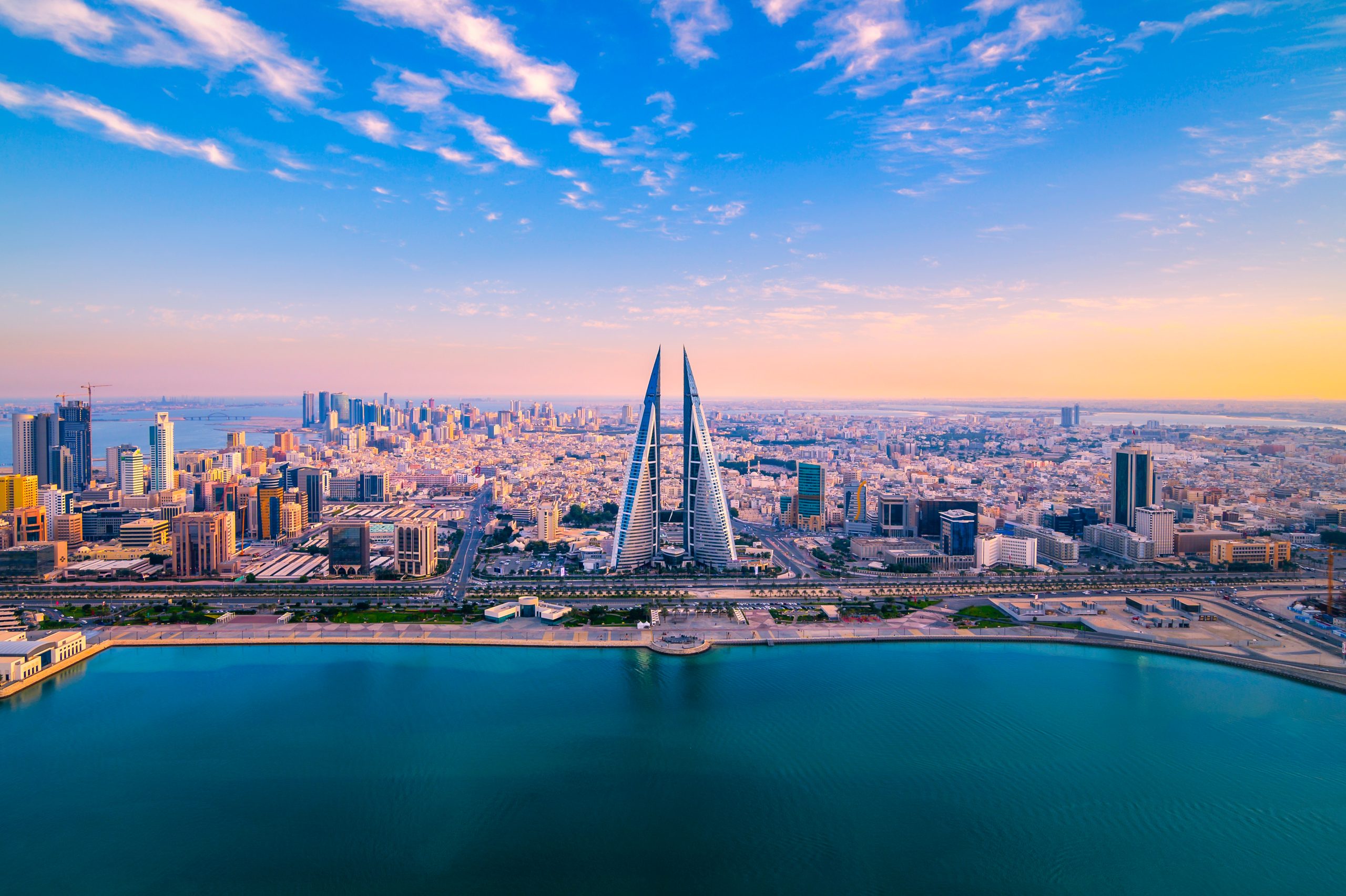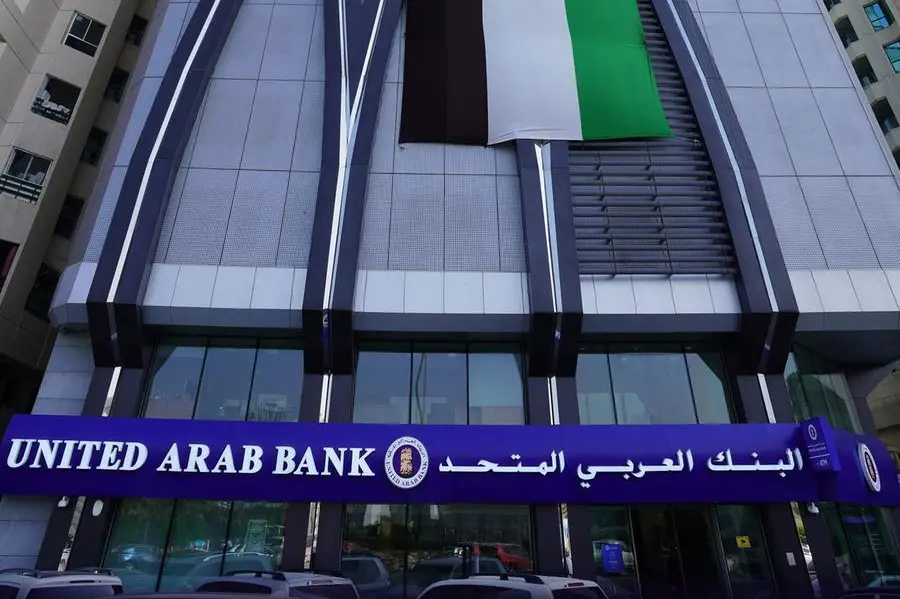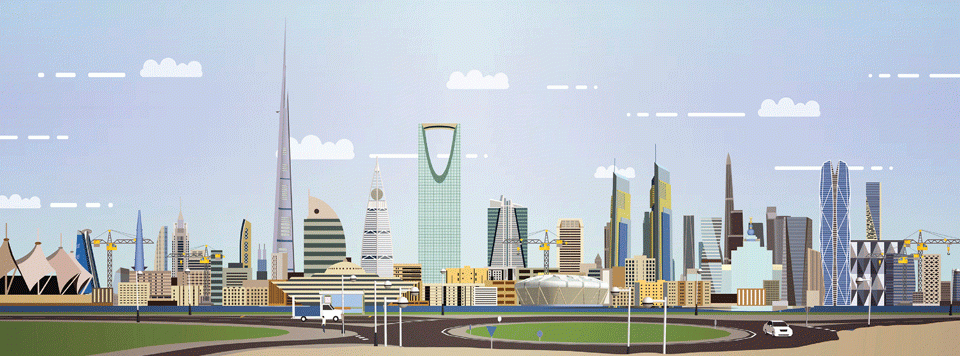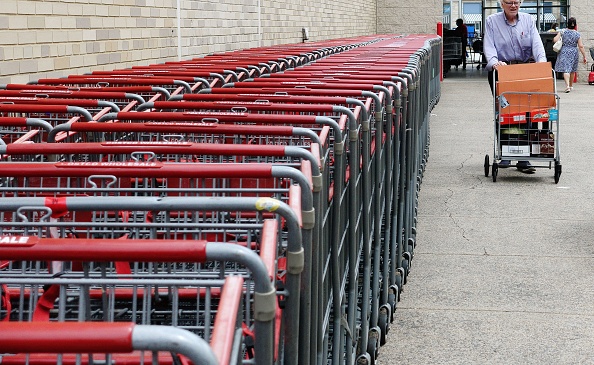Saudi Arabia’s Leap Toward Global Competitiveness
Launched in April 2016 by Crown Prince Mohammed bin Salman, Vision 2030 is Saudi Arabia’s ambitious blueprint for transforming its economy and society.
This strategic framework was achieved to reduce the Kingdom’s dependence on oil, diversify its economy, and develop public service sectors such as health, education, infrastructure, recreation, and tourism.
Vision 2030 is built upon three primary themes: a vibrant society, a thriving economy, and an ambitious nation.
A Vibrant Society is about creating a rich and fulfilling life for citizens in a society that values its traditional culture while being open to the world and future. It emphasizes the importance of cultural, environment, and entertainment enhancements to improve the quality of life.
A Thriving Economy provides a roadmap for economic prosperity, focusing on unlocking the capabilities of the Kingdom by fostering investment, increasing non-oil international trade, and privatizing government services. Key goals include boosting small and medium-sized enterprises (SMEs), expanding the private sector, and becoming a global investment powerhouse.
An Ambitious Nation is about effectiveness, responsibility, and transparency in governance, which includes reforming the government structure to streamline decision-making and improve accountability and transparency.
With these goals, Vision 2030 seeks to not only transform the economy but also to create a more adaptive and sustainable socio-economic structure that can elevate the Kingdom’s status on a global scale.
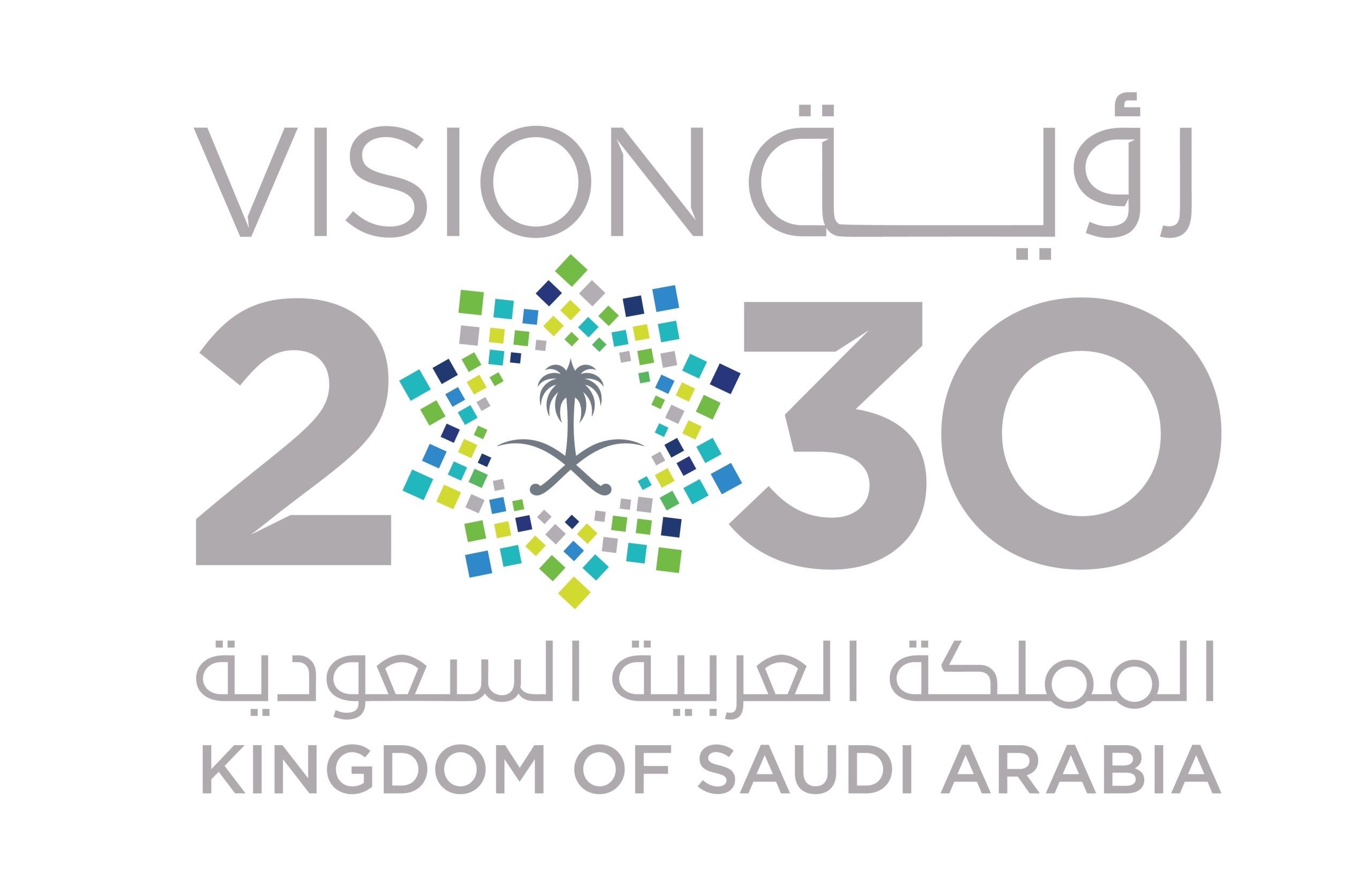
8th anniversary milestones
As Saudi Arabia celebrates the eighth anniversary of Vision 2030, it’s clear that the ambitious initiative spearheaded by Crown Prince Mohammed bin Salman has substantially reshaped the Kingdom’s economic and social landscape.
Economic Performance
– Financial Markets: Saudi Arabia soared to fifth place globally in the Financial Markets Index. This is indicative of robust growth in the financial sector, driven by an increase in the number of listings on the financial market and a surge in fintech entities to 216, surpassing the 2023 target of 150.
– Cybersecurity Strength: The Kingdom ranked second globally in cybersecurity, reflecting significant investments in securing digital infrastructure and information technology.
Infrastructure and Efficiency
– Government Efficiency: The Kingdom improved its ranking to 11th globally, showcasing the effectiveness of governmental reforms and policies aimed at streamlining operations and enhancing public service delivery.
– Business Efficiency: Achieving 13th place globally, this milestone highlights the streamlined processes and supportive environment for businesses, which are crucial for economic dynamism.
– Transportation and Logistics: Saudi Arabia made a remarkable jump in the World Bank’s Performance Index for logistics, moving from 55th to 38th place. Furthermore, it advanced in global rankings for container handling and air connectivity, enhancing its role as a logistical hub.
Sectoral Innovations and Investments
– Public Investment Fund (PIF): As a key driver of economic diversification, PIF has expanded its investment portfolio to include sectors like tourism, entertainment, sports, and financial technology, reinforcing Saudi Arabia’s position as a leader in diverse economic fields.
– Oxagon Project: This is part of the NEOM development on the Red Sea, focusing on creating a hub for advanced and clean industries, showcasing the Kingdom’s commitment to sustainable and innovative industrial development.
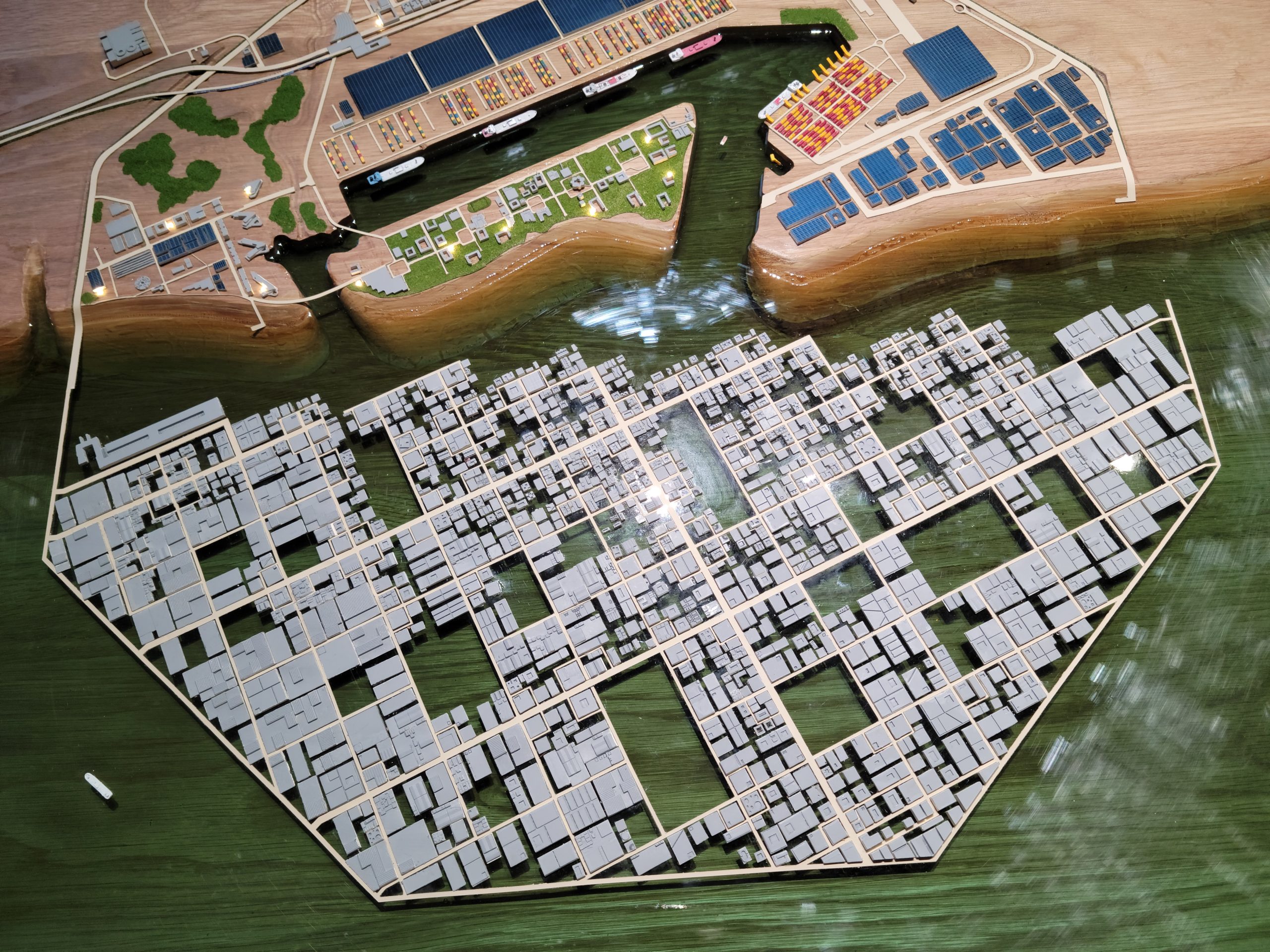
Social and Labor Developments
– Female Workforce Participation: Female labor participation reached an all-time high of 35.5%, surpassing the Vision 2030 goal early. This not only supports gender equality but also enhances the workforce with diverse skills and perspectives.
– Unemployment Rate: The overall unemployment rate dropped to 7.7%, surpassing the target set for 2023 and approaching the Vision 2030 goal of 7%, indicating effective job creation strategies.
Support for SMEs and Entrepreneurship
– National Entrepreneurship Context: Saudi Arabia moved up to second place in this index, with improvements across various sub-indicators such as ease of starting a business and availability of good entrepreneurial opportunities.
– SME Growth: The Small and Medium Enterprises Bank was established to bolster the SME sector, contributing to over 200% growth in the sector since the launch of Vision 2030.
As Saudi Arabia moves into the next phase of Vision 2030, the groundwork laid in the past eight years promises even greater achievements. The nation is set to continue its journey towards a vibrant society, a thriving economy, and an ambitious nation, making it an increasingly attractive destination for global investors and businesses.
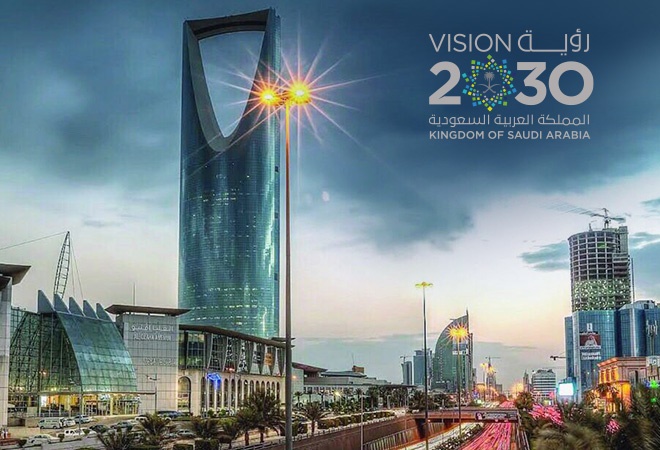
Chris Dixon, a partner who led the charge, says he has a ‘very long-term horizon’
Americans now think they need at least $1.25 million for retirement, a 20% increase from a year ago, according to a survey by Northwestern Mutual
Saudi Arabia ranked first among countries for the non-oil exports of national origin with BD201 million (22%)
Bahrain’s non-oil exports of national origin decreased by 6% to BD894 million ($2.37 billion) in Q2 2024 compared to the same period in 2023. The top 10 countries accounted for 64% of the total export value.
According to the Information & eGovernment Authority (iGA) in its Q2 2024 Foreign Trade report, Saudi Arabia was the leading destination for these exports, totaling BD201 million (22%). The US followed with BD75 million (8.4%), and the UAE with BD73 million (8.2%).
Unwrought aluminum alloys were the top exported product in Q2 2024, amounting to BD267 million (30%), followed by agglomerated iron ores and concentrates alloyed at BD159 million (18%) and non-alloyed aluminum wire at BD49 million (5%).
Non-oil re-exports
Non-oil re-exports increased by 4% to reach BD206 million during Q2 2024, compared to BD198 million for same quarter in 2023. The top 10 countries accounted for 86% of the re-exported value. The UAE ranked first with BD58 million (28%) followed by Saudi Arabia with BD39 million (19%) and UK with BD17 million (8%).
As per the report, turbo-jets worth BD65 million (32%) were the top product re-exported from Bahrain, followed by private cars with BD11 million (5%) and four-wheel drive with BD9 million (4%).
The value of non-oil imports has decreased by 4% reaching to BD1.41 billion in Q2 2024 in comparison with BD1.47 billion for same quarter in 2023. The top 10 countries for imports recorded 68% of the total value of imports.

China Bahrain’s biggest importer
China ranked first for imports to Bahrain, with a total of BD191 million (14%), followed by Brazil with BD157 million (11%) and Australia with BD112 million (8%).
Non-agglomerated iron ores and concentrates were the top product imported to Bahrain worth BD200 million (14%), followed by other aluminum oxide with BD101 million (7%) and parts for aircraft engines with BD41 million (3%).
As for the trade balance, which represents the difference between exports and imports, the deficit logged was BD310 million in Q2 2024 compared to BD322 million in Q2 2023.
Chris Dixon, a partner who led the charge, says he has a ‘very long-term horizon’
Americans now think they need at least $1.25 million for retirement, a 20% increase from a year ago, according to a survey by Northwestern Mutual









